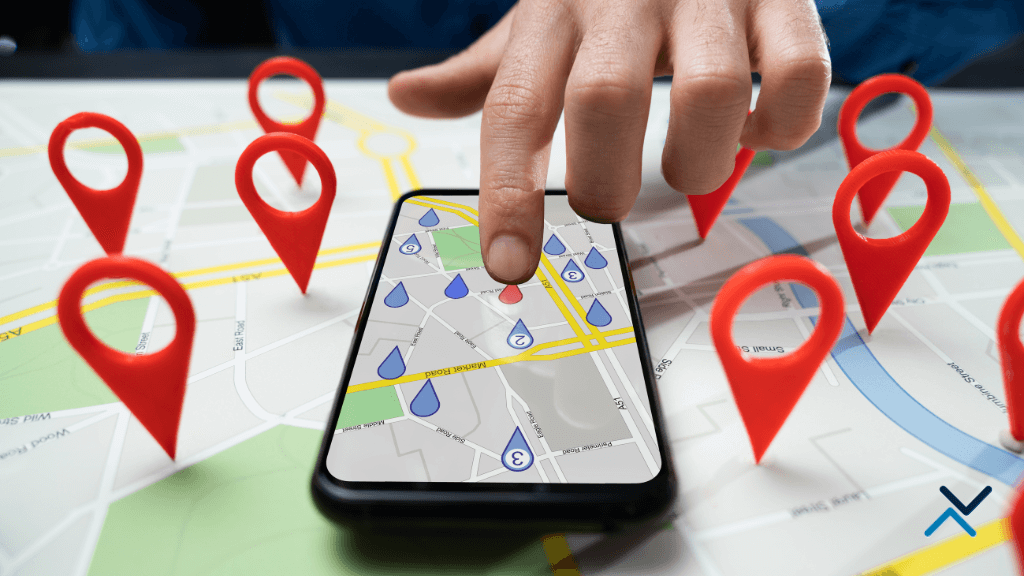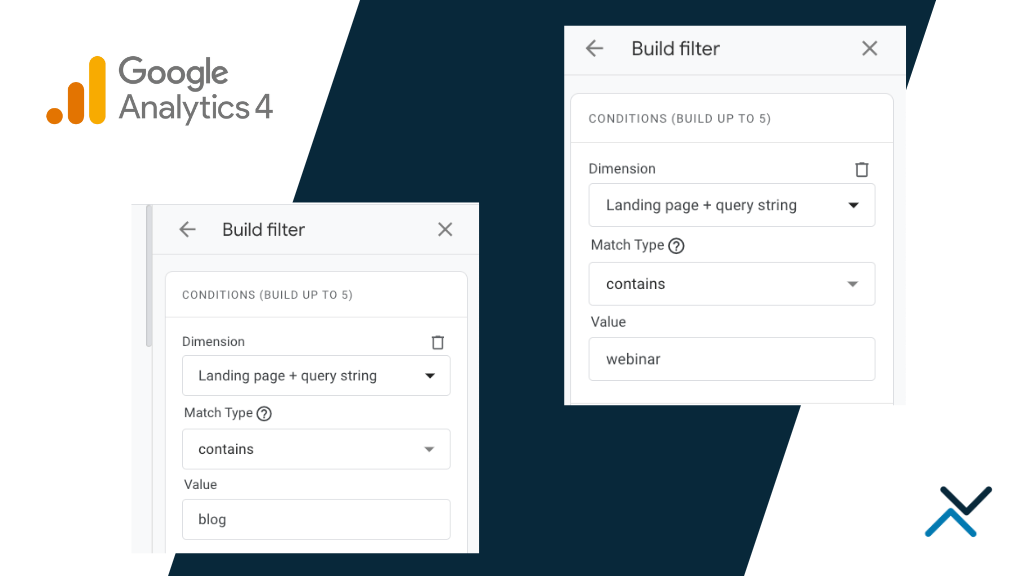As the world of digital marketing continues to evolve, businesses constantly strive to improve their online presence. One critical aspect of achieving online success is search engine optimization (SEO). SEO is the process of optimizing your website to rank higher in search engine results pages (SERPs) for specific keywords related to your business. Duplicate content is a major issue that often negatively affects the SEO performance of a website.
In this post, we will explore why duplicate content is bad for SEO and how it can impact your website’s ranking.
What is Duplicate Content?
Duplicate content, as the name implies, refers to content that appears on multiple pages on the same website or different sites. Although the exact meaning of duplicate content can be somewhat unclear, it generally covers:
- Content that’s exactly the same on two or more pages or sites
- Content that is slightly modified but still close enough to the original content
There are several reasons why duplicate content can occur on your website, including:
- Printer-friendly versions that do not exclude the original content
- Multi-version sites created for different languages or regions
- Mirror sites and blogs that copy the original content
- Scraped content that other websites steal and publish on their sites
For businesses and website owners, duplicate content is a massive problem as it can harm the SEO potential of their website.
Duplicate Content Can Affect the User’s Experience
One of the primary reasons why search engines frown upon duplicate content is poor user experience (UX). Websites that contain duplicate content can confuse search engines and users alike, making it difficult for these users to find the information they’re looking for.
If a user searches for a specific keyword, search engines aim to present the most relevant and unique content for that query. If search engines perceive your website as having a high number of duplicate pages, they may not display the content or lower its ranking. Consequently, UX can become compromised due to the confusion and frustration users experience when they do not find what they are searching for.
Duplicate Content Can Cause Cannibalization
When multiple pages on a website have identical or nearly identical content, it leads to keyword cannibalization. In this scenario, search engines become confused about which page they should display in the search engine results page, leading to a negative impact on rankings.
Keyword cannibalization can occur because of a lack of internal linking too. Internal linking is the practice of adding links from one page to another within your website. When search engines crawl your website, internal links help them understand the logical structure and content of the site. Additionally, internal linking can help spread link power throughout the site, allowing pages without backlinks to rank higher.
However, if you have multiple pages with the same content and no clear internal linking structure, search engines may struggle to understand the hierarchy of your content and the relevance of those multiple pages. This confusion can, in turn, cannibalize your own website, negatively affecting the SEO and ranking of your pages.
Duplicate Content Can Harm Website Authority
Another reason why duplicate content is bad for SEO is that it can harm a website’s authority. Website authority is the degree of trust and expertise search engines attribute to a website based on factors such as quality content, the number of backlinks, the site’s age, the use of secure SSL, and page speed.
Duplicate content can impact a site’s authority by reducing the number of backlinks a website receives due to diluted link signals. When your website has several duplicate pages, links that were supposed to point to your site will get divided across multiple pages, resulting in an overall decrease in link authority.
In addition, search engines can limit the potential of websites with low authority. When the credibility of a website is reduced, it negatively impacts its ranking, making it more challenging for businesses to climb higher in the search engine results.
How To Fix Duplicate Content Issues
If you want to improve the SEO score of your website, it’s essential to eliminate any duplicate content issues. Fixing duplicates can be done in several ways, including:
- Use 301 redirects: A 301 redirect can redirect traffic from one page to another within your website or an external website, signaling to search engines which page is the preferred one to index.
- Use canonical URLs: A canonical URL is a tag in the HTML code of a web page that highlights the primary page, even if the same content appears on other pages.
- Delete or merge pages: delete or merge pages with duplicate or thin content into a single authoritative page on your website.
- Use the Google Search Console to identify and remove URLs. Google Search Console is a free tool that allows you to scan your website for duplicate content and remove unnecessary pages or URLs.
Prevent or Eliminate Your Duplicate Content
Duplicate content is a significant issue that can harm your website’s on-page SEO performance. It can reduce visibility and lower organic search rankings. To prevent or eliminate duplicate content, it is essential to follow best practices and search engine guidelines. This approach improves the user experience, enhances credibility, and increases the chances of higher rankings in search engine results pages (SERPs).
By ensuring unique and valuable content, you avoid search engine penalties and attract organic traffic, gaining a competitive edge in your industry. Taking proactive steps to address duplicate content issues demonstrates a commitment to delivering high-quality, original content to your audience. Ultimately, this leads to improved SEO performance and increased online visibility for your website.









